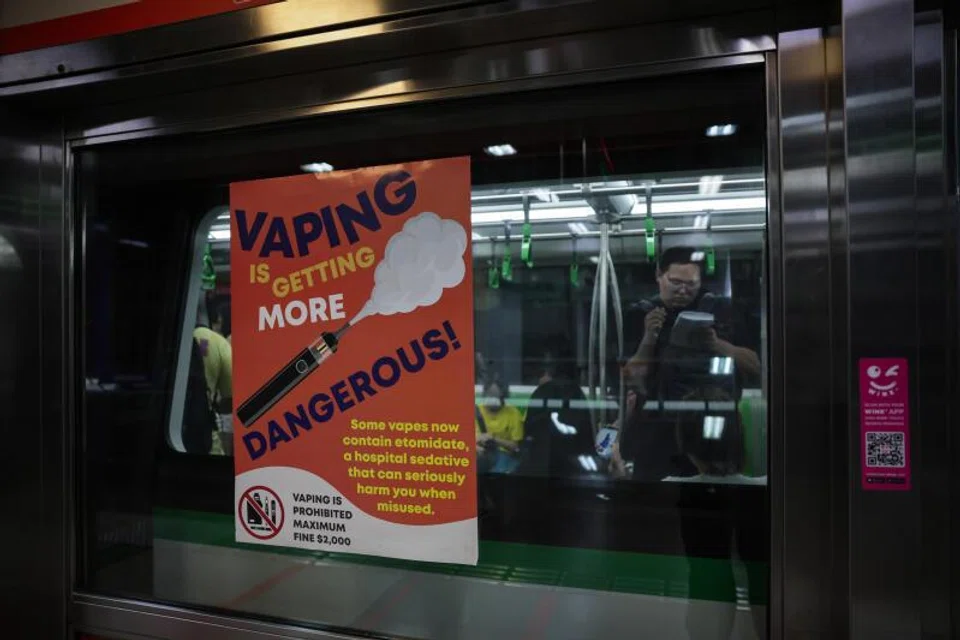
According to a report from Hemptoday on July 12, the Italian government has ignored a ruling from a regional administrative court and violated EU law by placing CBD on the country's list of narcotic drugs.
The Italian Ministry of Health stated that this regulation complies with Italian Presidential Decree 309/1990, which forms the cornerstone of Italy's drug legislation. However, this contradicts a ruling from a regional court last year, which was based on legally binding judgments within the European Union.
This is the latest move by the Italian government against CBD. In October 2020, the Ministry of Health classified CBD as a narcotic drug for the first time and banned it from the market, but soon after revoked the order.
In another attempt in early 2022, the national-regional conference updated the language in the 2018 regulation, officially categorizing marijuana as a medicinal plant.
In that scenario, four major cannabis associations filed a lawsuit and the Lazio Regional Administrative Court overturned the regulation a year later, ruling that it violated European law. The European Commission announced in 2020 that CBD is not a narcotic drug and can be legally traded between member states. This decision was based on a landmark ruling by the European Court of Justice the same year.
The Italian Farmers' Association, Cia-Agricoltori Italiani, criticized the government in a statement for not consulting producers before listing CBD as a dangerous drug, stating that this move "has insulted farmers who have invested money and work in the industrial hemp supply chain in recent years".
The farmer's organization stated that
This is not only a controversial measure from legal, health, and scientific perspectives, but also an intervention that could potentially make the already heavily strained supply chain even more complicated.
According to CIA-Agricoltori Italiani, these prejudices are further reflected in a current amendment in the Italian parliament, which aims to ban CBD and all other products derived from hemp flowers.
The group's chairman, Cristiano Fini, stated that
We are facing potential ideological interference that could paralyze a high-value-added supply chain that attracts young people. This supply chain has huge production potential in cosmetics, herbs, green construction, floriculture, and textiles, with an annual turnover of 500 million euros and providing over 10,000 jobs.
Currently circulating in parliament is a proposed amendment that would completely ban cannabis flowers, affecting various aspects of production and trade. The leading cannabis industry organization, Federcanapa, has expressed that the provisions would effectively shut down the sub-industry of cannabis extracts, affecting the use of CBD and other non-psychoactive cannabinoids in herbal remedies, cosmetics, and dietary supplements.
Some lawmakers and other experts have stated that the amendment would result in the closure of 3,000 businesses and the unemployment of 15,000 workers.
Finney stated that Cia-Agricoltori Italiani has invited government representatives to discuss with CBD operators.
We welcome news tips, article submissions, interview requests, or comments on this piece.
Please contact us at info@2firsts.com, or reach out to Alan Zhao, CEO of 2Firsts, on LinkedIn
Notice
1. This article is intended solely for professional research purposes related to industry, technology, and policy. Any references to brands or products are made purely for objective description and do not constitute any form of endorsement, recommendation, or promotion by 2Firsts.
2. The use of nicotine-containing products — including, but not limited to, cigarettes, e-cigarettes, nicotine pouchand heated tobacco products — carries significant health risks. Users are responsible for complying with all applicable laws and regulations in their respective jurisdictions.
3. This article is not intended to serve as the basis for any investment decisions or financial advice. 2Firsts assumes no direct or indirect liability for any inaccuracies or errors in the content.
4. Access to this article is strictly prohibited for individuals below the legal age in their jurisdiction.
Copyright
This article is either an original work created by 2Firsts or a reproduction from third-party sources with proper attribution. All copyrights and usage rights belong to 2Firsts or the original content provider. Unauthorized reproduction, distribution, or any other form of unauthorized use by any individual or organization is strictly prohibited. Violators will be held legally accountable.
For copyright-related inquiries, please contact: info@2firsts.com
AI Assistance Disclaimer
This article may have been enhanced using AI tools to improve translation and editorial efficiency. However, due to technical limitations, inaccuracies may occur. Readers are encouraged to refer to the cited sources for the most accurate information.
We welcome any corrections or feedback. Please contact us at: info@2firsts.com







